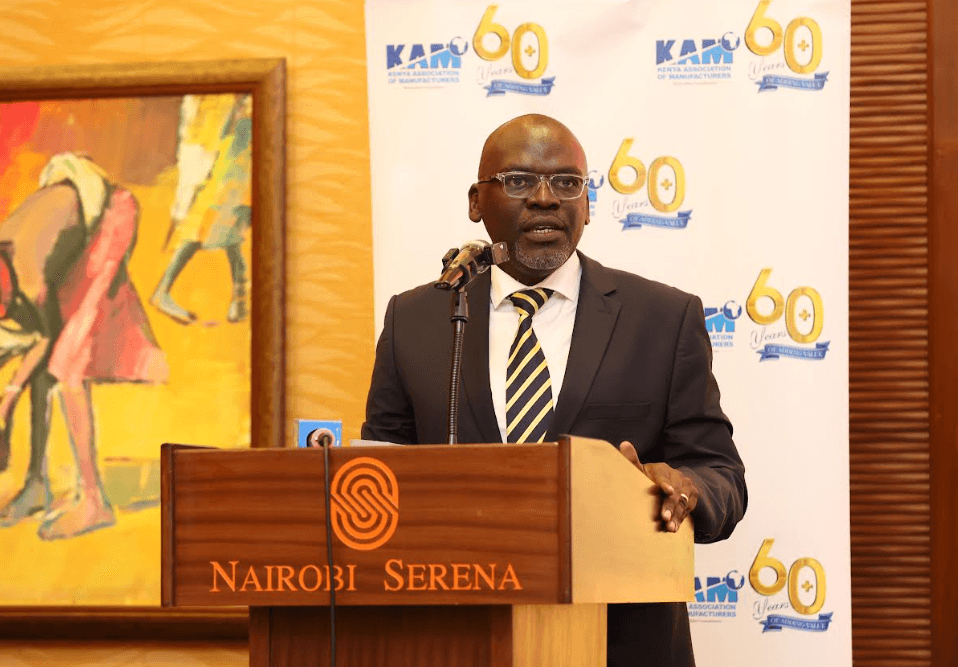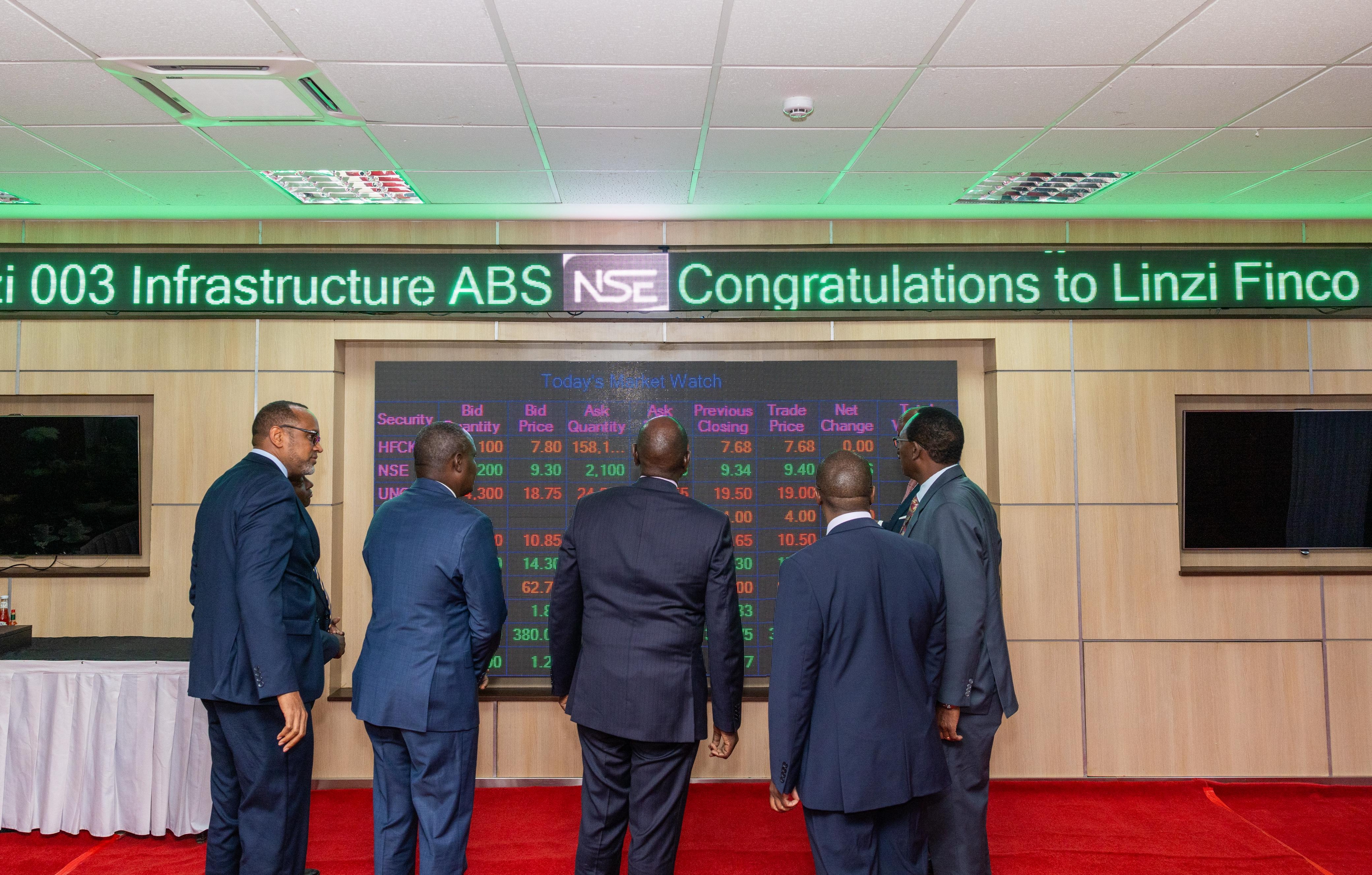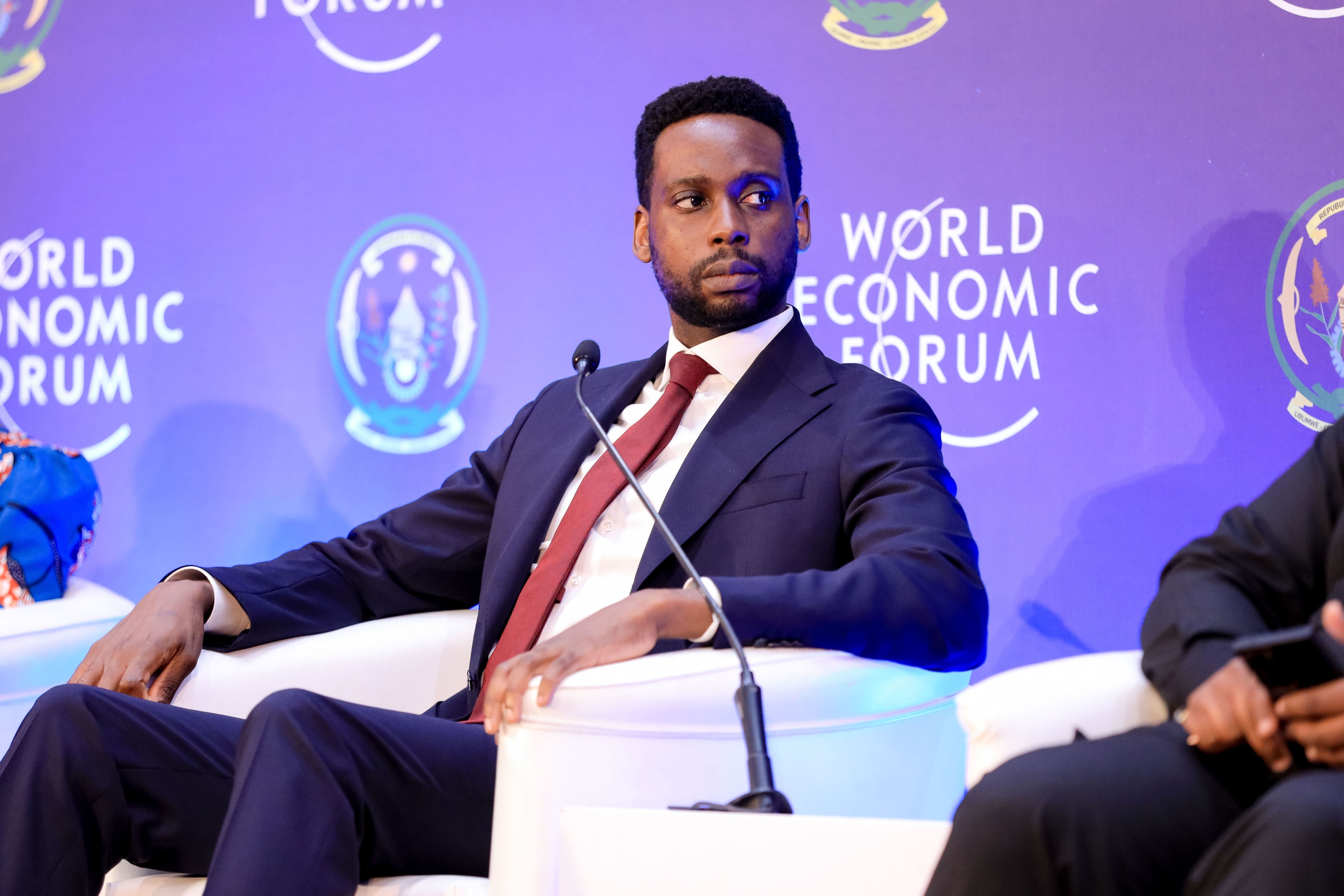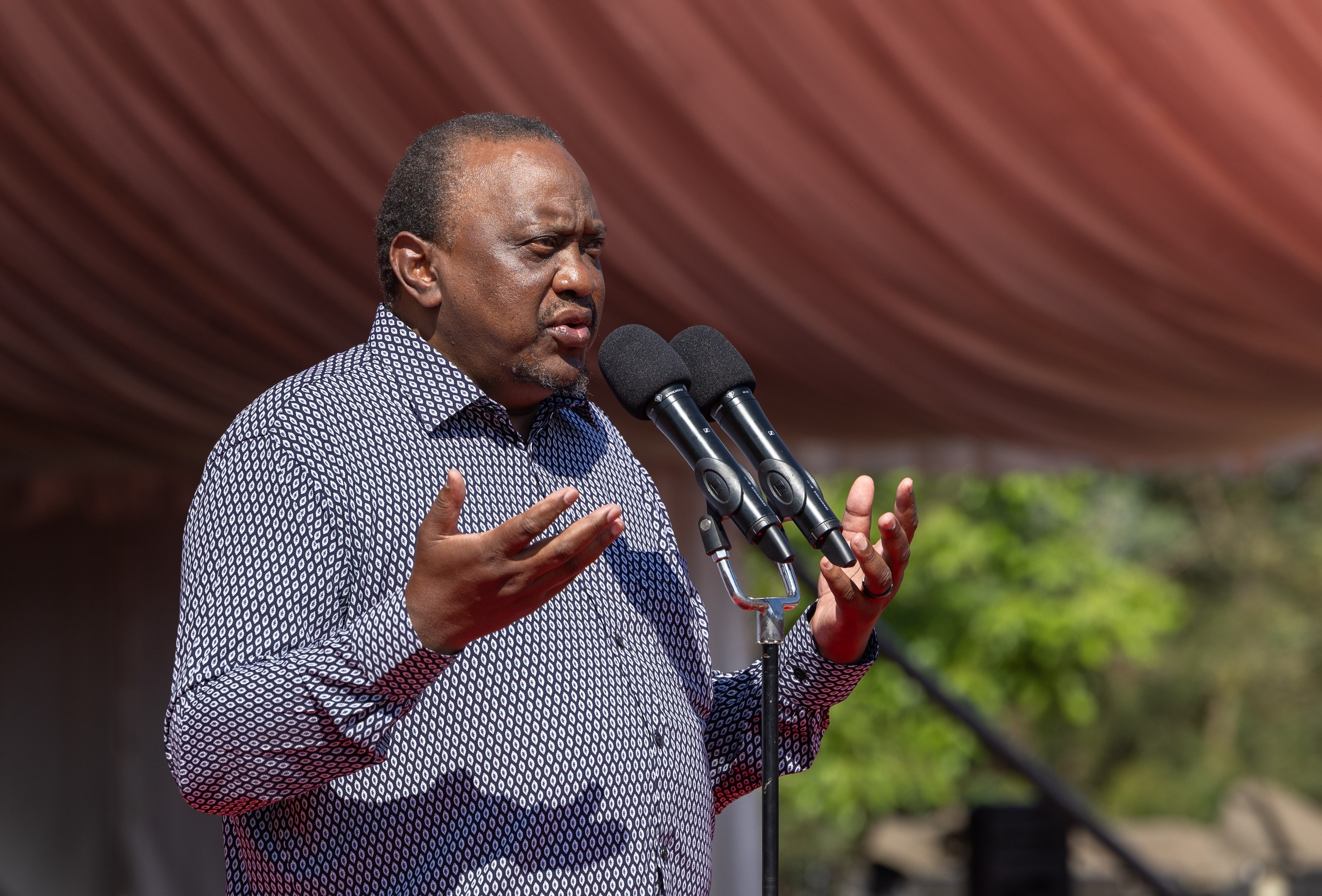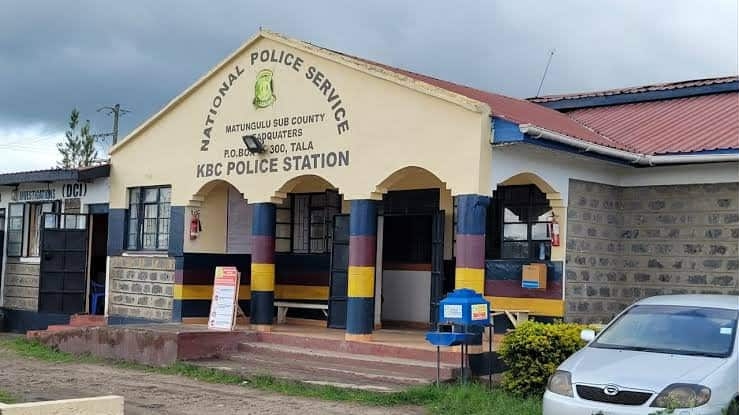Kenyan civic actors marked June 23 as the Day of Delayed Justice. The event was organised to honour and bring closure to the quest for justice for human rights lawyer, Willie Kimani, his client Josephat Mwenda and their taxi driver Joseph Muiruri who were murdered by rogue police in 2016 while leaving Mavoko law courts.
It took seven years to find guilty and sentence police sergeant Fredrick Leliman to death for the murder. Two other policeman and a civilian were also sentenced 20 and 30 years for the offence. This was a welcome relief for family and colleagues who endured mental anguish, and lost resources and time.
The words of William Gladstone, “Justice delayed is justice denied” resonates deeply with many who have witnessed or experienced delay or inefficiencies of the criminal justice system: from slow investigations by security agencies to bizarre delays within the Judiciary.
The right to a fair and speedy trial is protected by the Constitution. However, inordinate delays have been used as a strategy to defeat justice hence the need for urgent reforms to ensure justice is both timely and equitable.
Every year on July 7, families of victims of the 1991 killings during the clamour for pluralist politics in Kenya demand justice, which has remained elusive. This year’s Saba Saba events were not just a commemoration of lives lost during the demand for multi-partyism in
Kenya but also a cry for justice for 42 people killed by the police between June 25 and July 5 during youth-led (Gen Z) peaceful protests against the passage of the 2024 Finance Bill that contained punitive tax proposals. The protests were crushed with brute force.
Another 361 people were injured, 32 abducted and 627 arrested, according to the state human rights body, the Kenya Human Rights Commission. As the names of the victims were read out at the Shujaaz Memorial Concert, chants for speedy justice were chorused by the friends and families. The sad reality is that justice may never be realized, and if it does, it would not come anytime soon.
Justifications and explanations of factors that occasion delays in the dispensation of justice are numerous – human and technical delays are often cited but remain hollow tales to the victims and their families that have lost lives of their daughters, sons, fathers and mothers whose families are grappling in pain and hoping that justice is served for their loved ones.
The Missing Voices Coalition has argued that delays in the Criminal Justice System were symptomatic of broader issues of inefficiency and corruption that are deeply rooted in the justice system from the police to the prosecution and the judiciary.
They call for a platform for comprehensive examination of the causes of delays, the development of actionable solutions and a renewed commitment from all stakeholders to prioritise the swift resolution of cases, particularly those involving human rights violations.
Among the motivations for the renewed push for rapid justice is the unacceptable human cost of delayed justice for victims and their families. The protracted wait for justice is not just a passage of time but an agonising period filled with unresolved grief, persistent trauma, and a pervasive sense of injustice.
One would wish to assure families of the victims of the 42 slain during the June Reject Finance Bill protests that those responsible for using live ammunition on their children would be swiftly arrested and would not be walking freely after committing such heinous crimes.
Neither is there any assurances that if the murder suspects are ever arraigned, the families would not endure years in courtrooms, facing procedural adjournments and bureaucratic delays, that would compound their grief. The reality is that delayed justice affects their mental health, economic stability, and overall well-being. The psychological toll of delayed justice is immense, often leading to depression, anxiety, and a profound sense of helplessness.
On the other hand, it remains to be seen the justice path for the 627 persons arrested across the country for their alleged participation in the Article 37 protected rights. The article reads: “Every person has the right, peaceably and unarmed, to assemble, to demonstrate, to picket and present petitions to public authorities.”
The presumption of innocence is a cornerstone of our legal system, but extended delays means that our youth will wear the criminal tag and attendant social stigma and potentially prolonged incarceration without resolution. Unless humanely addressed, the lives of the Gen Z teenagers recently arraigned and their families shall be irrevocably disrupted, often resulting in irreparable damage.
Human rights defenders have for the longest time been targeted as criminals because of their frontline work. They are most times wrongfully accused of committing a crime to intimidate them or are arrested and maliciously prosecuted over fictitious charges but have to spend years on end in the corridors of justice trying to prove their innocence.
By the time they are vindicated, which is often the case, HRDs, lose productive time, lose their sources of livelihoods and personal relationships. The stigma associated with criminal charges, even if llater cleared, lingers and affects their social standing and mental health.
Joel Ogada is one of the HRDs who because of his work as a human rights defender and in attempt to save his property has suffered not only personal attacks but also criminalisation and untold delays in getting justice. As a land rights activist from Kilifi county, he epitomises the struggle for justice in Kenya.
For more than years, Ogada was embroiled in a labyrinth of legal battles over his ancestral land that a neighboring salt company had interests in. His case highlights the broader issue of land rights in Kenya, where historical injustices and corruption have left many landowners and HRDs in a protracted fight for their rights and property.
Ogada’s troubles began when his land in Marereni was targeted by private developers backed by influential local figures. Despite having legal documents to prove his ownership, Ogada found himself repeatedly arrested on trumped-up charges. In 2014, he was sentenced to seven years in prison for arson, which he partially served before winning upon appeal and in another matter, the chief magistrate’s court in Malindi (CMCR E177 of 2016) found him guilty in 2021 of threatening to kill employees of the company and was sentenced to six months behind bars
Throughout his imprisonment and numerous court battles, Ogada remained resolute, declaring his innocence and maintaining that his tribulations were symbolic of the wider land rights issues facing marginalised and poor communities in Kenya. With the support of the Defenders Coalition among other concerned human rights organisations, Ogada was vindicated after walking the long and torturous legal journey of multiple arrests, punitive bail, and multiple appeals seeking for elusive justice.
The High Court in Malindi allowed the criminal appeal (HCCRA NO. E040 OF 2021) and quashed the sentence. The court upon review of the application made the following observations: There was not a scintilla of evidence of threatening to kill. On the contrary, what was on record was a scheme, akin to apartheid South Africa where Africans were isolated and pushed to the periphery of development by capitalists and the apartheid regime.
They were sent to Bantustans and any complaint was followed with illegal arrests and trumped up charges.”
The judge further pronounced himself on the conduct of the ODPP. He said, “I cannot fathom how the office of the Director of Public Prosecution made a decision to charge in this matter. It was glaringly open that the charges were a red herring. There was no genuine complaint. The evidence was completely at variance with the charge sheet. This is not due to human memory lapse but the inability of the witness to witness to fictitious events."
Thus secured from future judicial prosecution, the High Court ordered that ODPP shall not prefer as charges related to land or employees of Kurawa Salt Industries Limited or their affiliates, unless under personal hand and consent of the DPP in each particular case, given prior to the arrest. Consent other than by the person holding office as the Director of Public Prosecution shall not suffice.
Ogada’s story underscores not just delayed justice but also the monumental barriers within the justice system that one has to unshackle in the quest for justice, and serves as a crucial reminder of the work that still needs to be done within our justice system. Addressing these issues requires a comprehensive overhaul of our judicial infrastructure. Investing in more judges, enhancing training for legal professionals, and modernising court procedures through technology are critical steps towards a more efficient system.
The day of delayed justice highlights significant operational inefficiencies within our legal system, inadequate resources, and procedural complexities that calls for multifaceted approach to address them. Currently, Kenyan courts are overwhelmed with a backlog of cases, some lingering for over a decade. This is not merely an issue of slow processes but a systemic failure to keep up with the increasing demands of a growing population.
Adequate budgetary allocations to recruit more judges and court staff, enhanced training for legal professionals, as well as introduction of technology, such as digital case management systems, can streamline processes, reduce paperwork, and make case tracking more efficient.
Additionally, promoting alternative dispute resolution mechanisms, such as mediation and arbitration, can help alleviate the burden on our courts and provide quicker resolutions.
These methods can be particularly effective for civil disputes, where a courtroom setting is not always necessary. By resolving some cases outside of the traditional court system, we can ensure that more serious criminal cases receive the attention and resources they need for timely resolution.
Ultimately, the pursuit of justice is not merely a legal obligation but a profound ethical duty. It must be guided by compassion, fairness, and a deep respect for human dignity. The lessons from the day of delayed justice compel us to build a legal system that embodies these values and delivers justice promptly and equitably.
Justice is a fundamental human right, and its timely delivery is a moral imperative. The justice system must operate with a sense of urgency and purpose, recognising the profound impact of its actions on individuals and society. This moral imperative should guide reforms and drive a commitment to building a just and fair society. The criminal and justice actors must remember that behind every case file is a human story, a plea for justice, and a demand for respect and dignity.
From a societal perspective, delayed justice undermines trust in the judicial system. When the public perceives the courts as inefficient and sluggish, confidence in the rule of law diminishes.
Kudos to the conveners of the Day of the Delayed Justice led by International Justice Mission, Missing Voices Coalition, communities and justice actors for reminding us that a swift and reliable justice system is essential to maintain public trust and uphold the rule of law. The converse is erosion of trust that fosters cynicism and disillusionment with the legal and governmental framework, undermining the social contract and the fabric of our democracy.
Executive director, Defenders Coalition







